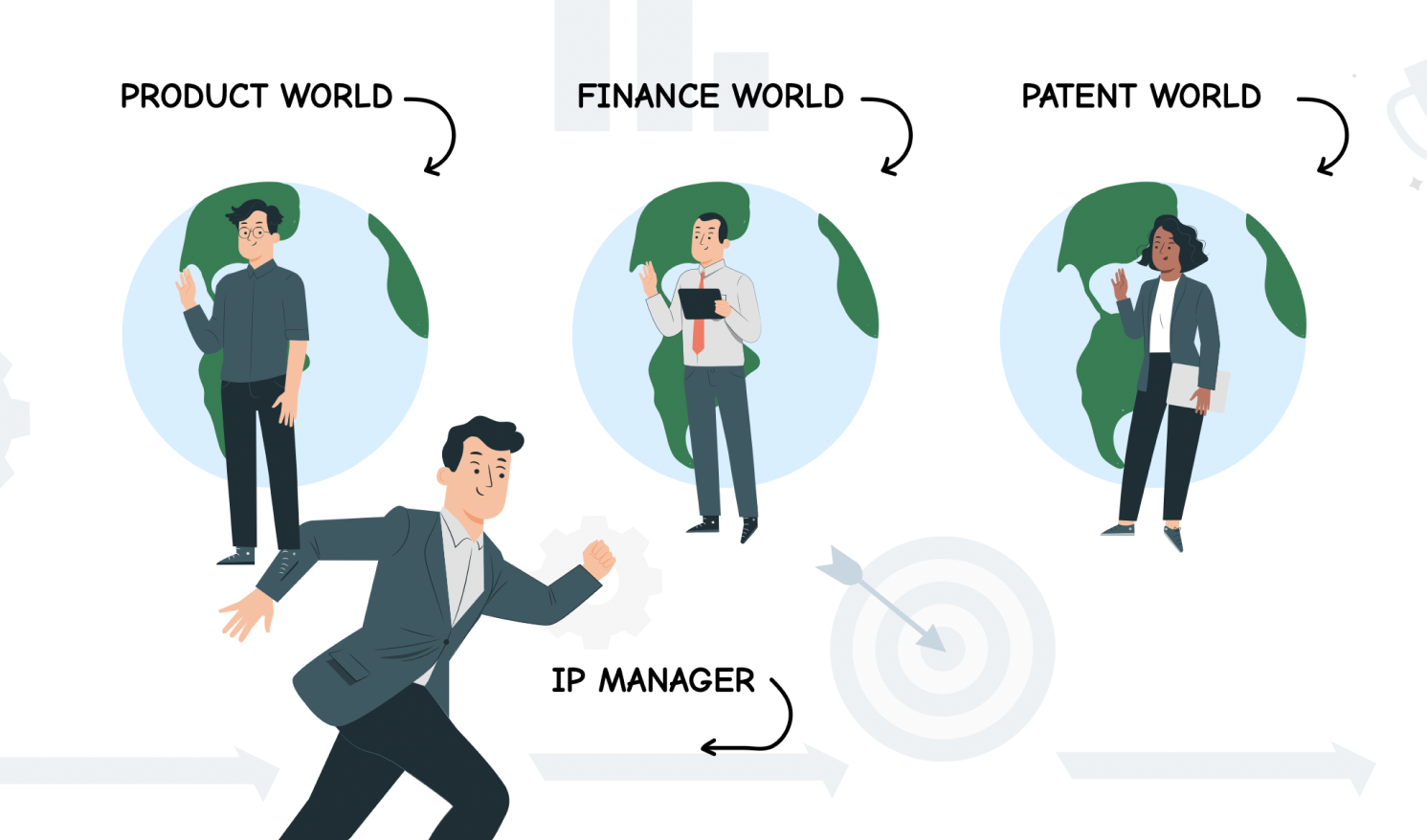Why every high-tech company needs an Intellectual Property (IP) Manager
You are losing money if your high-tech company does not have an IP manager. Here is why:
- The CEO knows he has a patent on his cash cow.
- The patent attorney is excited that the patent was granted.
- The engineer is happy with the test results.
Unfortunately, the CEO does not know that the patent was granted for a niche market only. The patent attorney has caused more costs than this patent will ever bring in. And the engineer is unaware that the patent doesn’t cover the essential feature of his treasured product.
What went wrong?
Indeed, this is not the way it was supposed to go. Did those people not care about their job? No, but they were so absorbed doing their own thing that they lost the ability to communicate. And this is not surprising. All stakeholders are experts in their respective fields. Keeping up with developments in that area alone is more than enough work. So, what’s the solution? The IP Manager!

Role of an IP Manager
The primary task of the IP manager is to bridge the communication gaps and transfer knowledge between the finance world, the product world, and the patent world. Ideally rooted in all three worlds, the IP manager is a generalist who knows the different languages and can be an ambassador for each of them.
Proper decisions can only be made when all actors have the required knowledge in a form they can understand. These are the tasks of the IP manager:
- Gather the information.
- Compile it into understandable bits.
- Discuss it with the correct people.
- Document the decisions and makes sure they are carried out.
Hiring an IP Manager pays off
Your IP manager will ensure that your patents protect your products so that you can sell more at a higher price. Thanks to the IP manager, you know where you can cut patent costs without risking anything. In short, unless your company has somebody taking up the IP manager role, you leave money on the table and your market entry doors wide open.